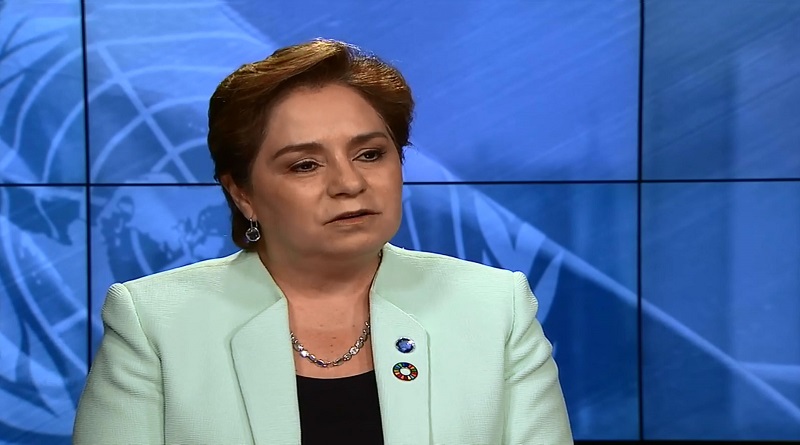Virtual training on NDC preparation for developing countries launched
A series of virtual training sessions has been launched to help developing countries better prepare and submit new or updated Nationally Determined Contributions (NDCs) in 2020.
NDCs are at the heart of the Paris Agreement and embody efforts by each country to reduce national emissions and adapt to the impacts of climate change.
The virtual trainings will build the capacity of developing countries to apply a set of guidelines that intend to facilitate clarity, transparency and understanding (ICTU) of NDCs. This guidance, called the ICTU guidance, was adopted as part of the Katowice Climate Package in December 2018 and needs to be applied in the preparation of new or updated NDCs in 2020.
The virtual training is aimed at promoting the understanding of the ICTU guidance by practitioners and experts involved in the preparation of new or updated NDCs. The training also aims to serve as a platform to facilitate exchange of lessons learned and experiences from different countries.
NDCs graphic
The first virtual training was rolled out in partnership with the Common Market for Eastern and Southern Africa (COMESA) secretariat from 11 to 13 May 2020. Twenty-nine experts from Eswatini, Malawi, Mauritius, Rwanda, Seychelles, Uganda, Zambia and Zimbabwe participated in the training.
The enthusiastic participants engaged in interactive discussions and worked on exercises that helped them familiarize with the ICTU guidelines and better understand how such guidance could be applied to their respective NDCs.
Ms. Tibahwa, COMESA’s Climate Change Programme Manager said: “COMESA is supporting its Member States to enhance their capacity in NDC implementation. It is envisaged that with adequate capacity, COMESA Member States will effectively monitor, track and report the progress achieved in implementing their NDCs.”
“The virtual training co-organized with UN Climate Change was very timely in providing the much-needed support to COMESA Member States to enhance their capacities in preparing, communicating and accounting for their NDC’s,” she added.
It was encouraging to note that many of the countries that participated in the training are already in the process of revising or updating their NDCs. The participants acknowledged the relevance and timeliness of the training.
“At the time the country submitted its initial NDC, the Paris Agreement and the ICTU guidelines were not yet in place,” said Mr. Ndidzano, Deputy Director, Climate Change Management Department, Ministry of Environment, Climate, Tourism and Hospitality Industry in Zimbabwe.
He explained: “The collaborative training effort of COMESA and the UNFCCC Secretariat therefore gave an opportunity to elaborate the ICTU provisions and expectations for countries to consider in the NDCs review.”
“The training came at a very opportune time as countries such as Zimbabwe are in the review process of their NDCs, hence will now be mindful of the ICTU issues. Countries can now also request the necessary support such as capacity building toward fulfilling ICTU requirements in future NDCs,” Mr. Ndidzano added.
The virtual training has received strong interest from many stakeholders and UN Climate Change is currently exploring possibilities with other partner organizations on rolling out training to other regions, including Asia, the Pacific, Latin America and the Caribbean.
NDCs are a cornerstone of the Paris Agreement goals and are submitted by each country every five years as its contribution towards global climate action.
By 2020, all Parties are scheduled to prepare and communicate new or updated NDCs.
This is an opportunity for governments to reflect the highest possible ambition in response to the urgency of addressing climate change as well as recently adopted guidance in their NDCs.
There is an urgent need to support governments from many developing country Parties in building the relevant capacity on how to prepare and communicate these NDCs.




